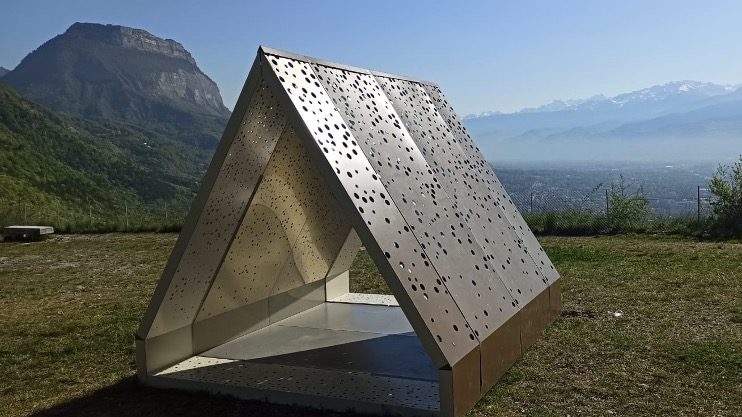Mountainfirst: introducing newcomers to the mountain world
Début du projet : 2022This project is positioned at the heart of the issue of first-time visitors to the mountains. It seeks to understand the extent to which transmitting the codes of a new world (nesting) can lead to more virtuous behavior (respect for the environment, less dangerous behavior, etc.) and, ultimately, encourage pro-environmental behavior.
 © Isabelle Frochot
© Isabelle Frochot
By definition, a consumer visiting a territory for the first time does not spontaneously possess the knowledge and skills that could be useful in fully appreciating the experience.
To promote this access, the distance between the consumer and the experience must be reduced, notably through a process of appropriation, and particularly through what is known as the nesting stage. In this process, the consumer creates a relationship of possession and attachment with the environment. Among the stages of appropriation, nesting refers to the consumer’s ability to access the specific codes of the consumption context. Through nesting, the user develops a sense of familiarity (the need to create a “home”) that will enable them to better immerse themselves in the consumption experience, respect the codes transmitted and improve their connection to a natural universe (e.g.: take down your garbage, don’t pick up flowers, get equipped before hiking…). This work also focuses on the ways in which codes are transmitted, so that information, often available elsewhere, reaches new hikers (introductory sessions at the start of the holiday, signs at hike starts, etc.).
How does this nesting influence the adoption of pro-environmental behaviors among first-time mountain tourism consumers? This is what this study seeks to understand.
Search Chartreuse Grenoble Suisse Tourism and recreational practices

